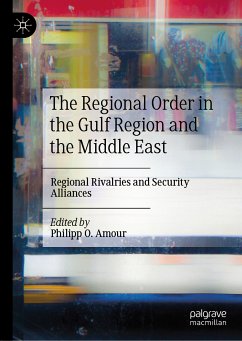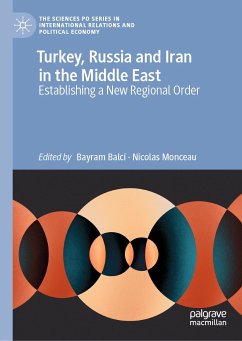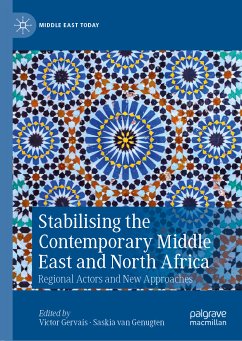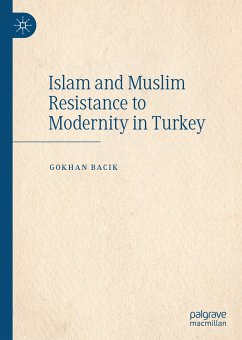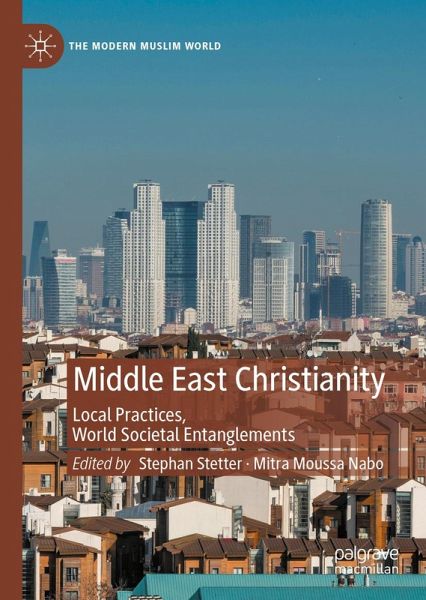
Middle East Christianity (eBook, PDF)
Local Practices, World Societal Entanglements
Redaktion: Stetter, Stephan; Moussa Nabo, Mitra
Versandkostenfrei!
Sofort per Download lieferbar
48,95 €
inkl. MwSt.
Weitere Ausgaben:

PAYBACK Punkte
24 °P sammeln!
Drawing from theories of world society and from historical-sociological theories the book studies the past, present, and future of Middle East Christianity. It focuses on the interplay between local practices and post-colonial entanglements in global modernity. The chapters of this book engage, inspired by these theories, key empirical dynamics that affect Middle East Christianity. This includes a historical overview on the history of Christians in the region, the relationship between Islam and Christianity, as well as case studies on the Maronites in Lebanon, Egypt's Copts, the role of Protes...
Drawing from theories of world society and from historical-sociological theories the book studies the past, present, and future of Middle East Christianity. It focuses on the interplay between local practices and post-colonial entanglements in global modernity. The chapters of this book engage, inspired by these theories, key empirical dynamics that affect Middle East Christianity. This includes a historical overview on the history of Christians in the region, the relationship between Islam and Christianity, as well as case studies on the Maronites in Lebanon, Egypt's Copts, the role of Protestant missionaries in the 19th century, processes of individualization amongst Middle East Christians, as well as papal diplomacy in the region.
Dieser Download kann aus rechtlichen Gründen nur mit Rechnungsadresse in A, B, BG, CY, CZ, D, DK, EW, E, FIN, F, GR, HR, H, IRL, I, LT, L, LR, M, NL, PL, P, R, S, SLO, SK ausgeliefert werden.





